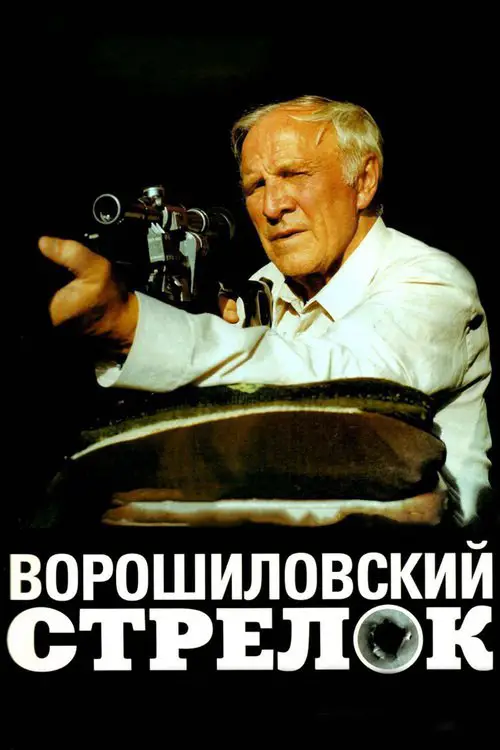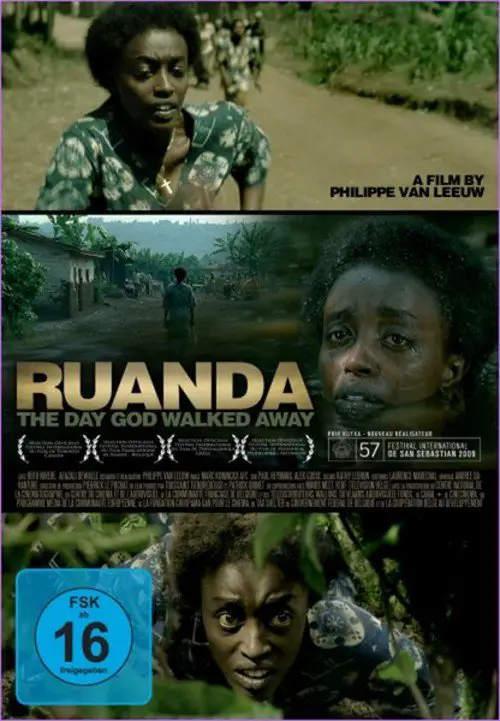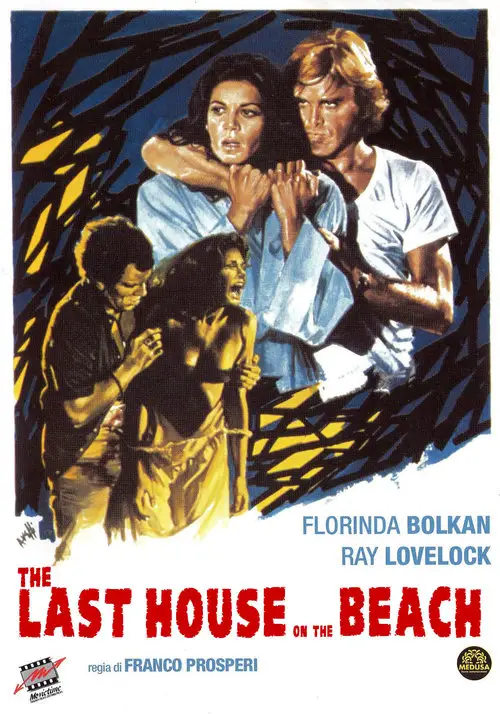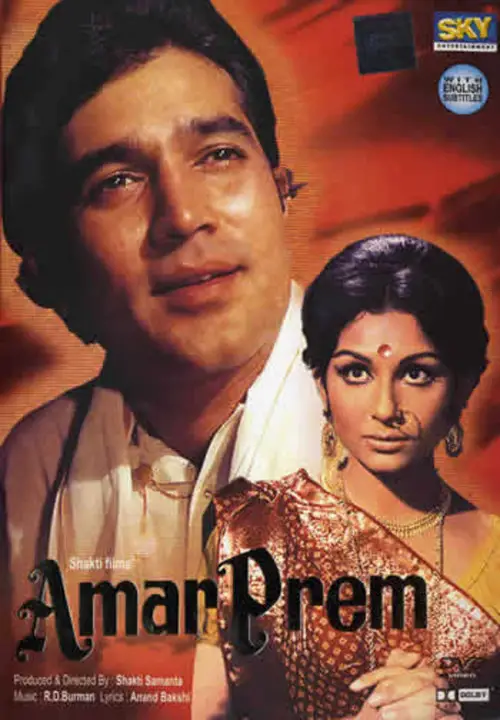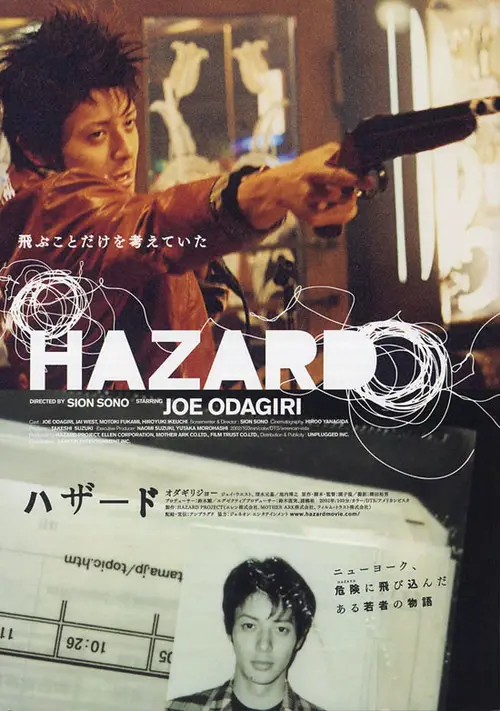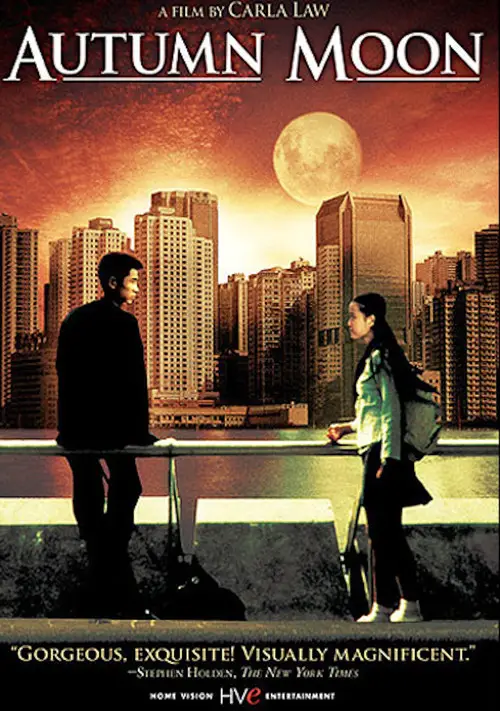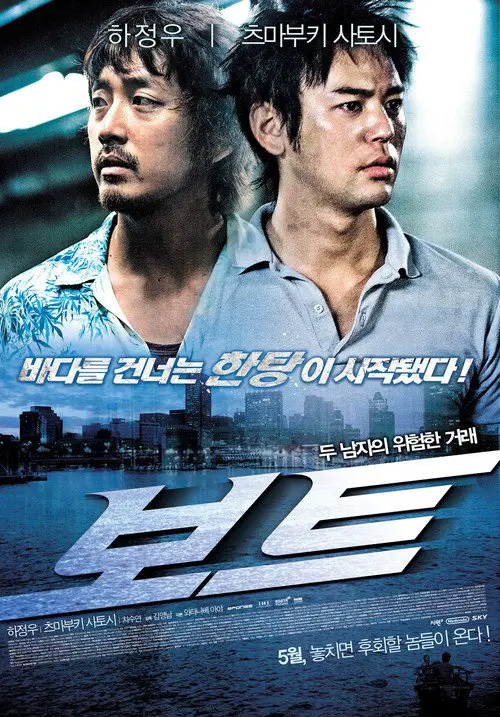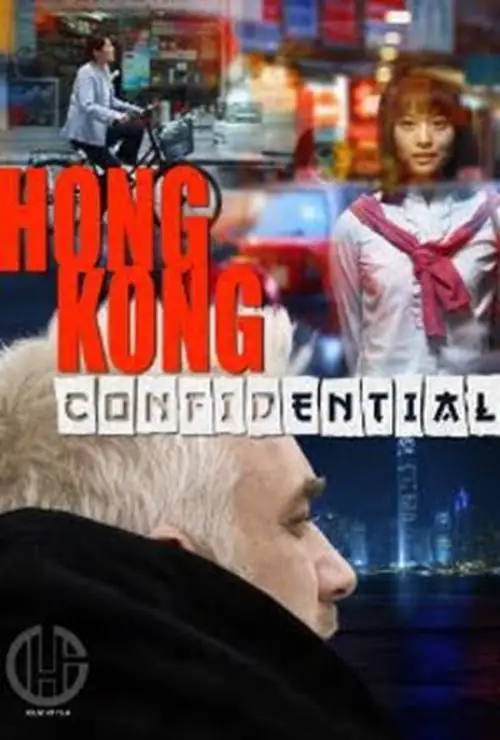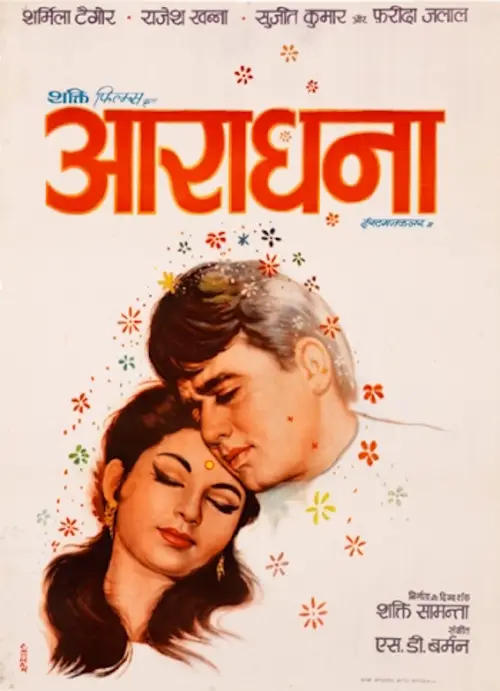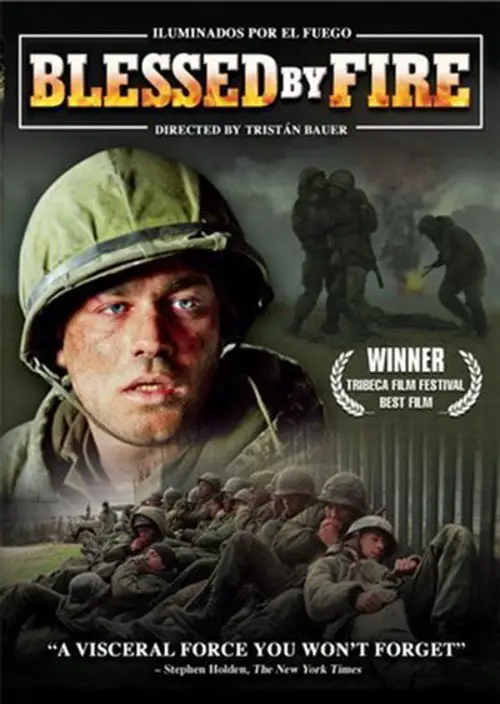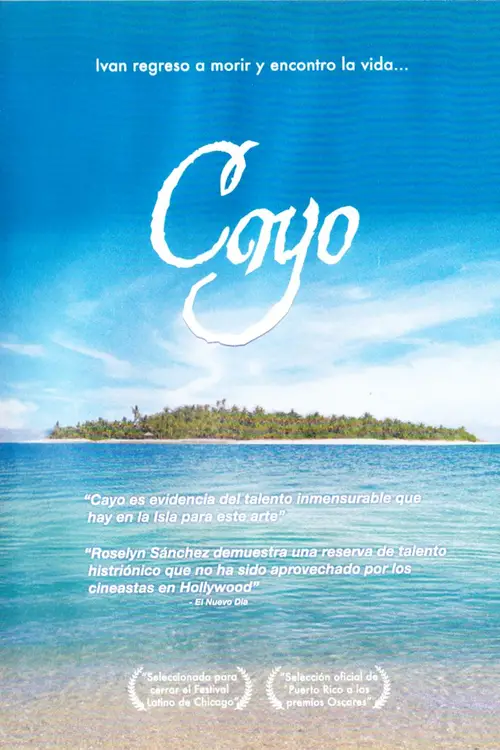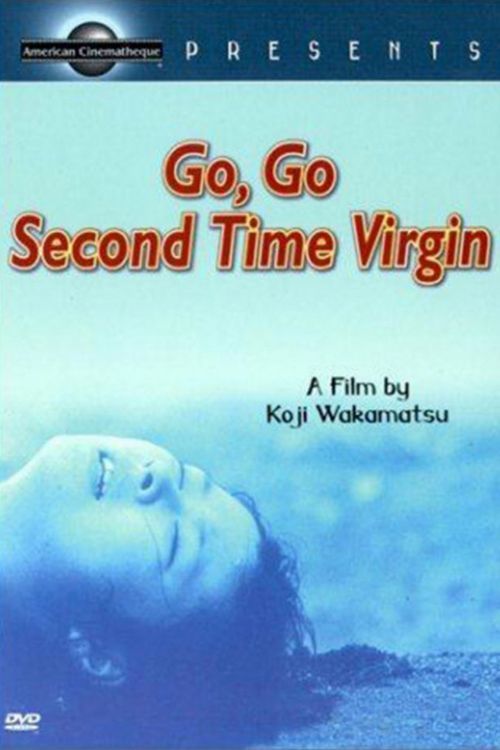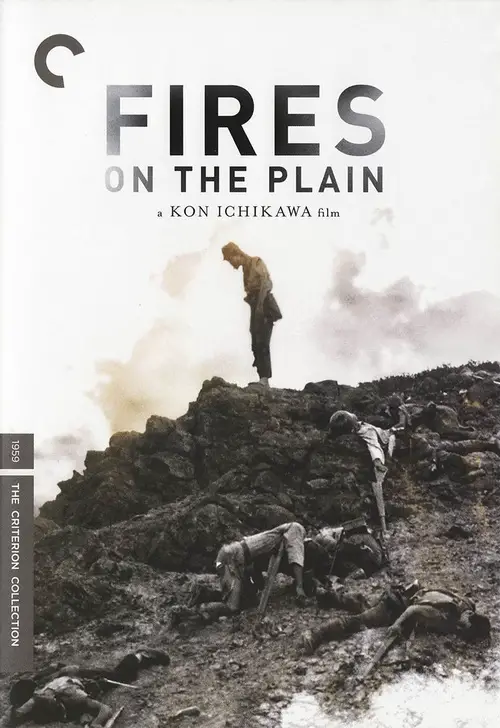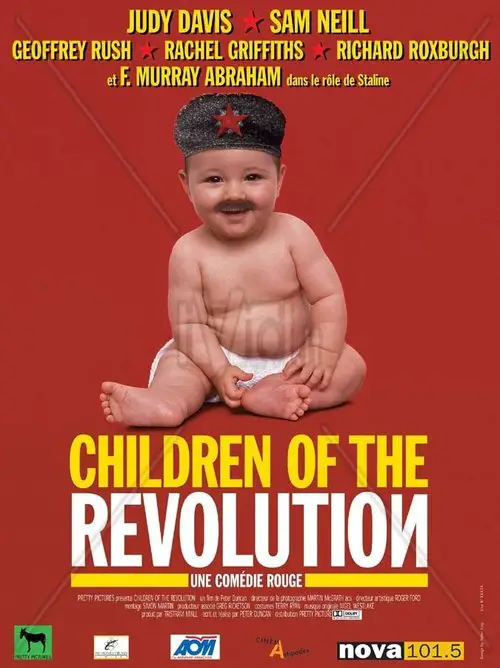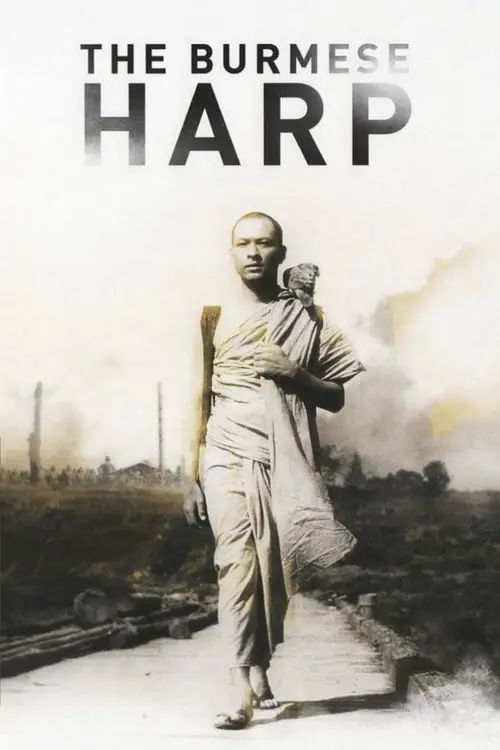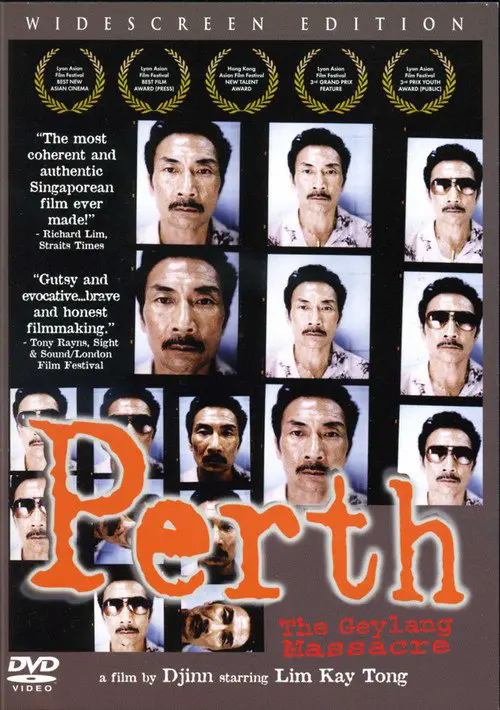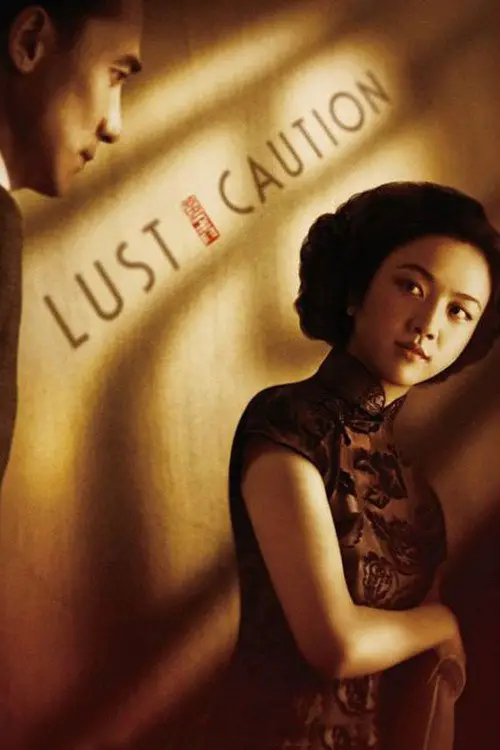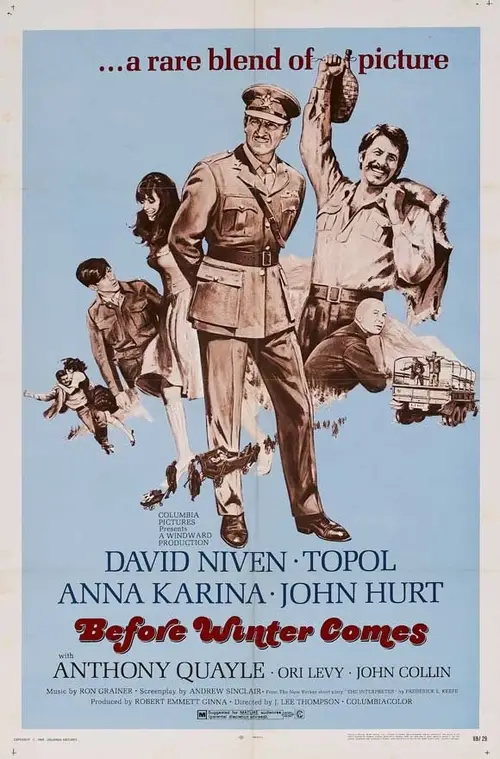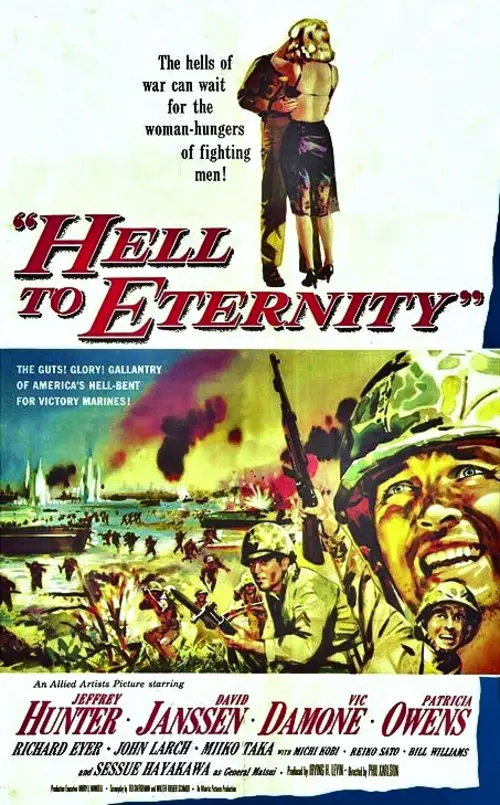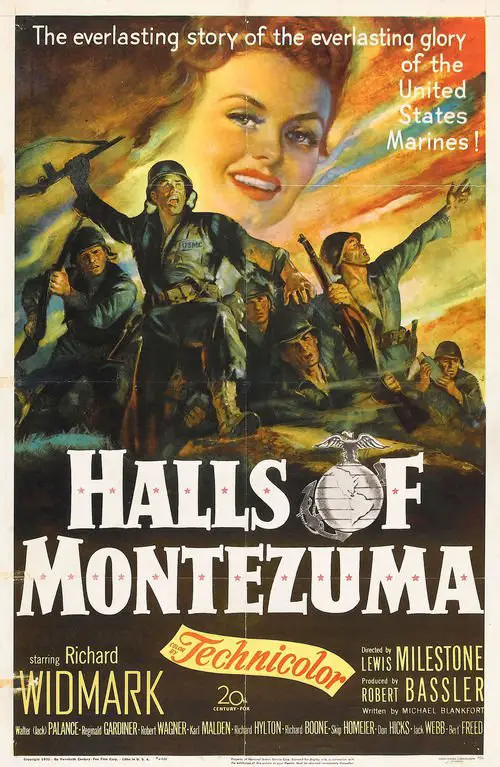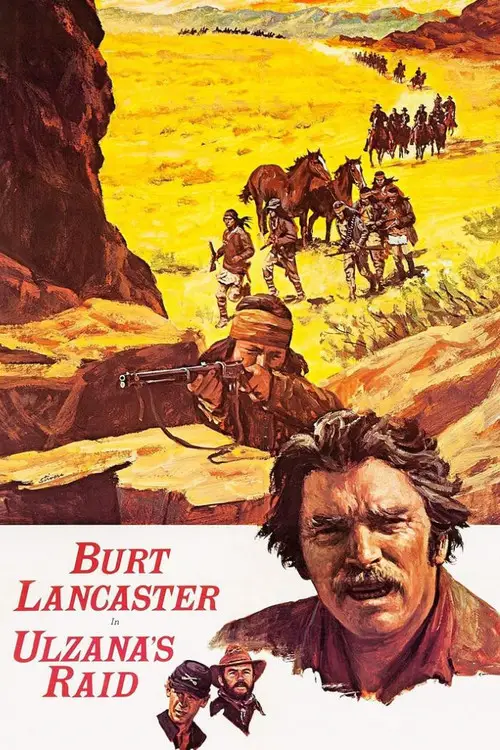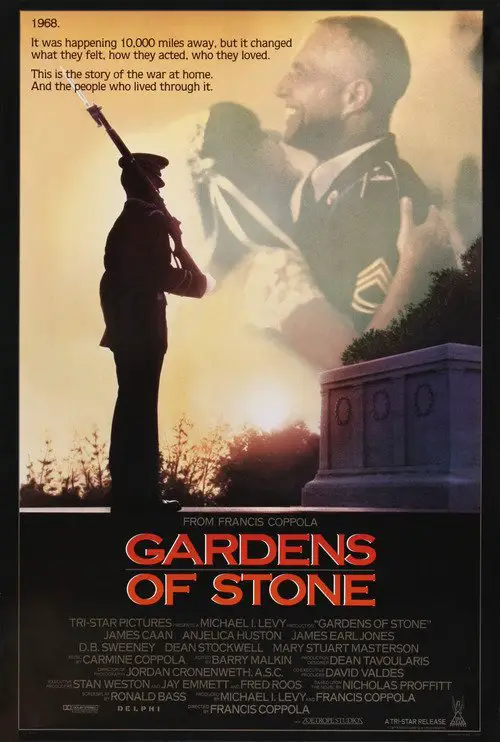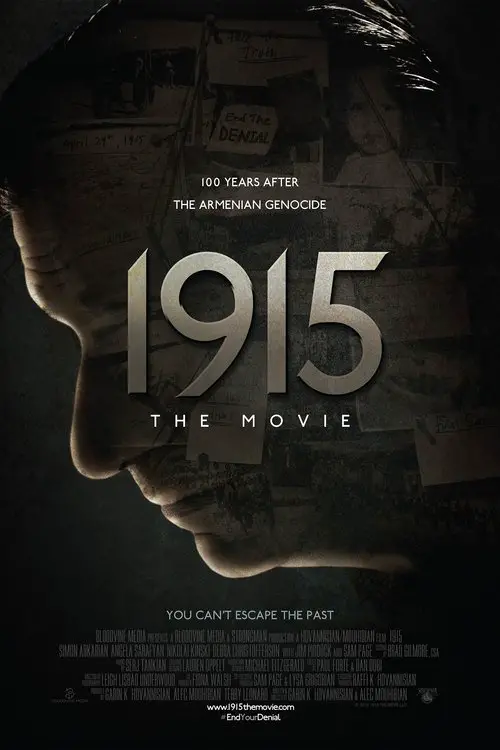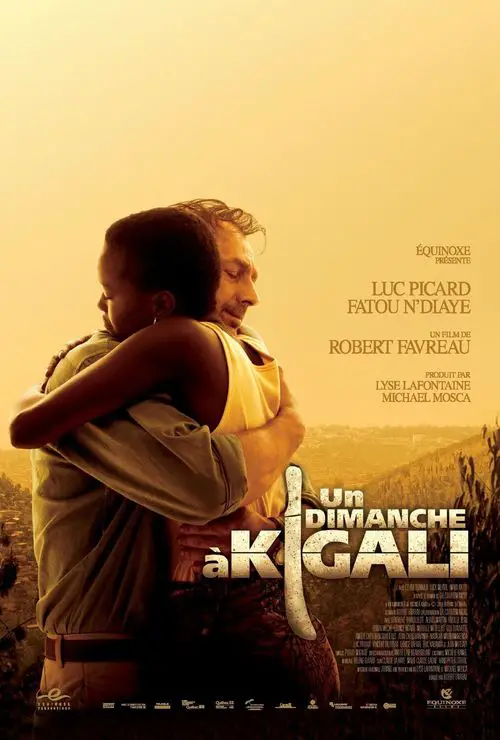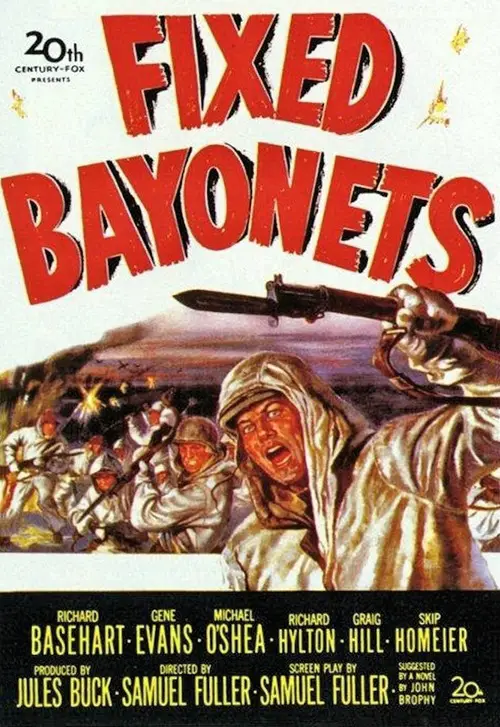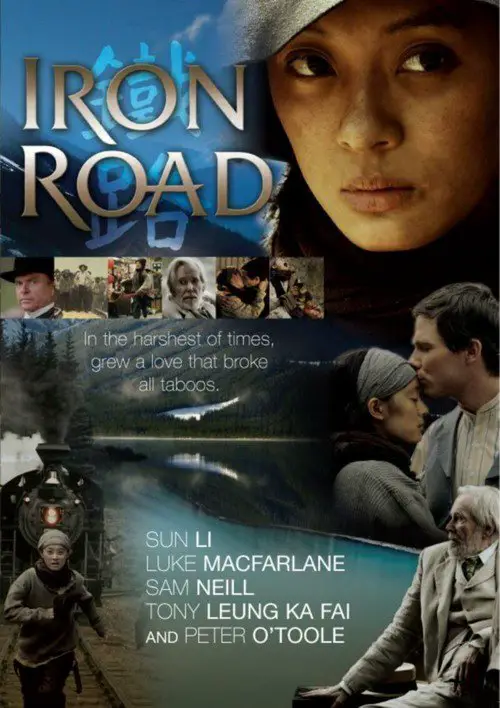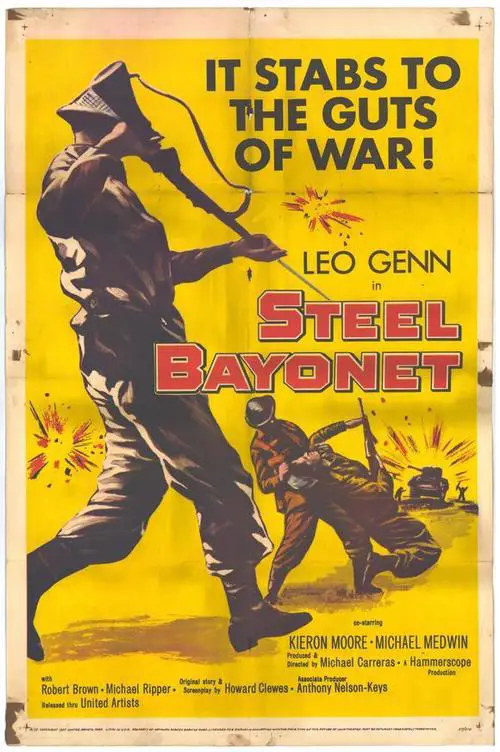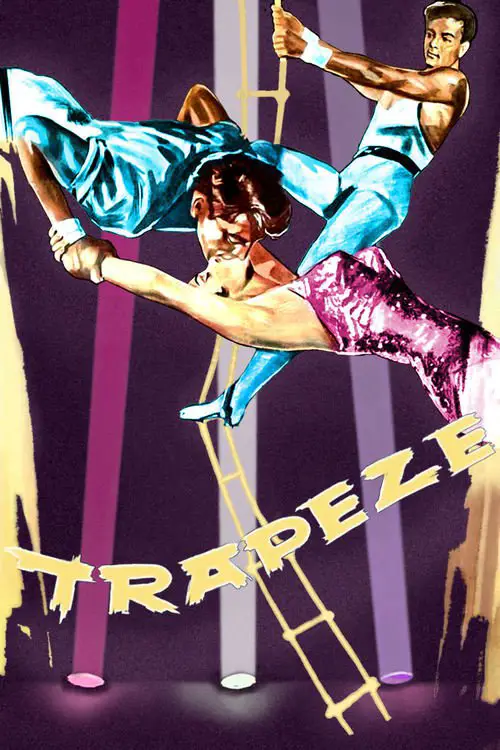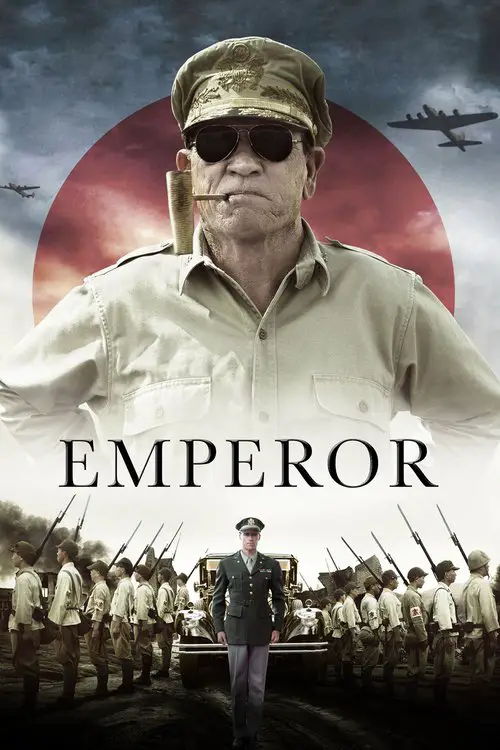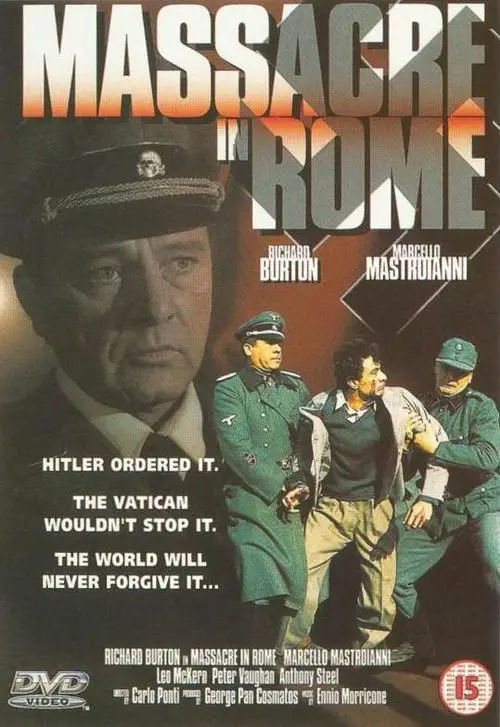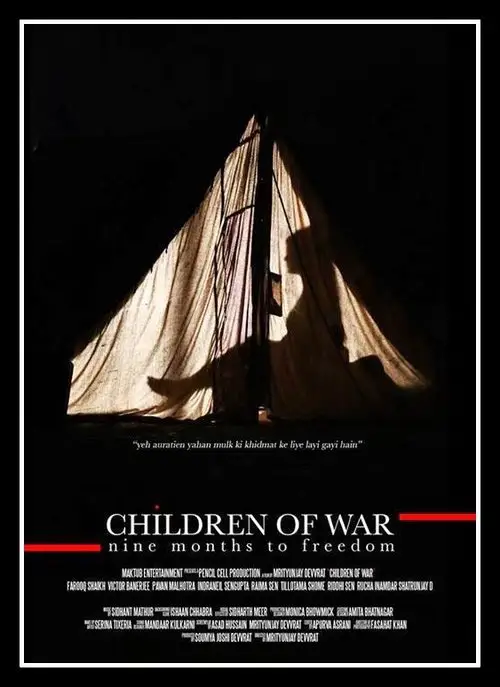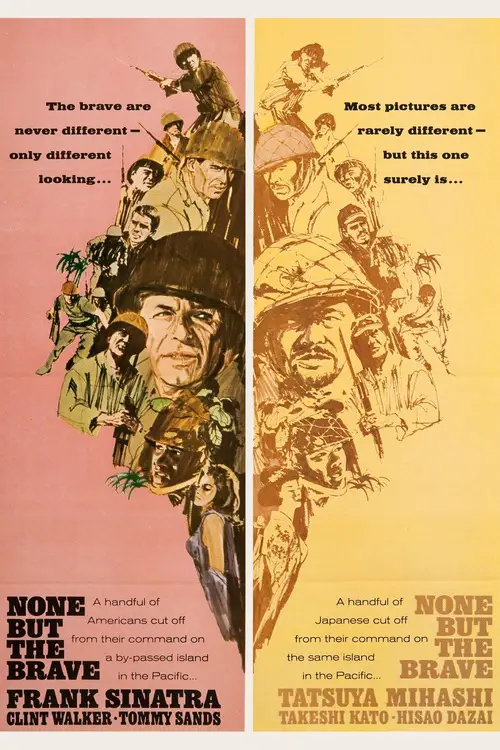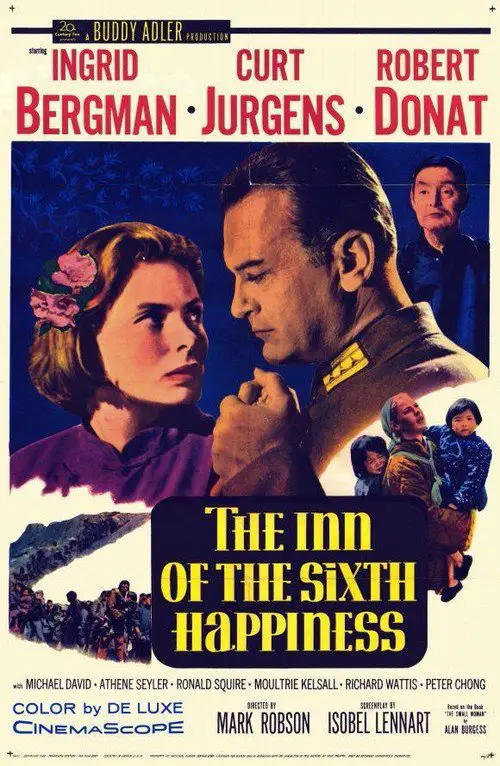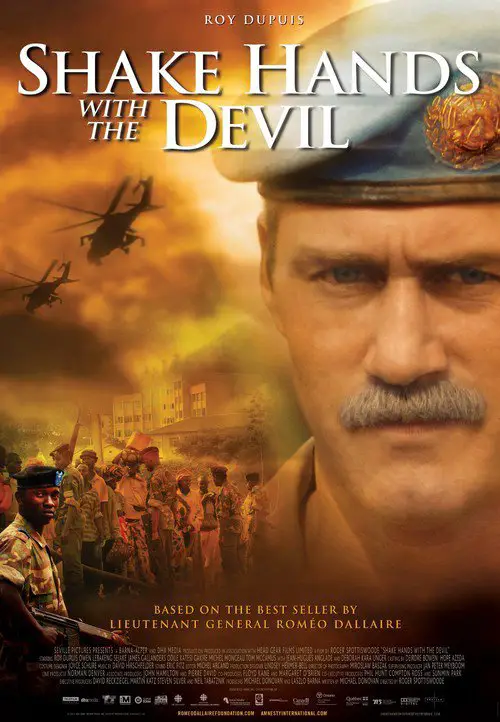Black Sun: The Nanking Massacre (1995)
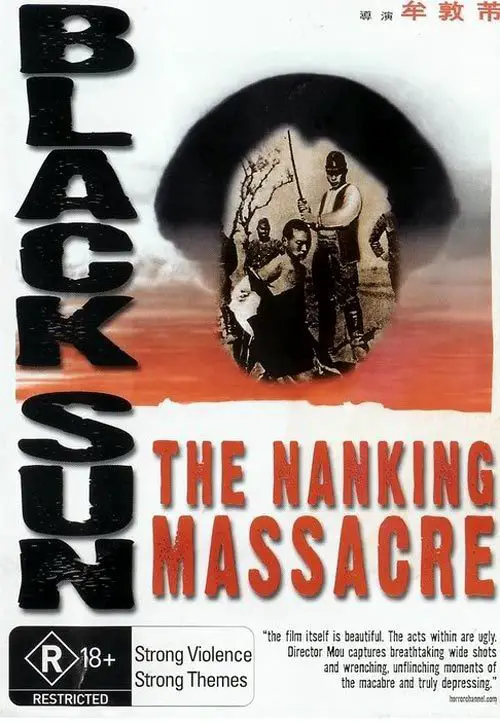
Similar movies
Tagore (Chiranjeevi) creates his own vigilante military network called the Anti-Corruption Force (ACF) that eliminates the most corrupt individuals, from all walks of life, in a systematic manner. As pressure builds on Police and Government to track down the Man who masterminds these killings, Balbir Singh (Puneet Issar), is specially summoned to head the task. He is aided by Suryam (Prakash Raj) who, though being just a constable in the mammoth Police force, is compelled by his instincts to see through the underlying design. Together they unravel the mystery and unveil the phenomenon called Tagore, but not before Badrinaryana (Sayaji Shinde), the human face of evil, finds out that his revelry in the belief of Tagoreâs death was a mistake he can never make amends for.
Snehmoy (Rahul Bose) and Miyage (Chigusa Takaku) are pen friends who exchange wedding vows through letters. Fifteen years pass but they never meet. Yet the bond of marriage is strong between them. This unusual relationship comes under a cloud when a young widow, Sandhya (Raima Sen), comes to stay with Snehmoy along with her eight-year-old son Poltu. Snehmoy and the little boy bond and the arithmetic teacher discovers the joy of palpable bonds and fatherhood. There develops an inexplicable thread of understanding with Sandhya too. But Snehmoy remained loyal to his unseen Japanese wife. When Miyage was ill from cancer, he took a long leave from his school and tried his best to find a cure for the illness. Meanwhile, malaria took a toll on him and he died. Coming of Miyage in a white sari to Sunderbans after his departure was really touching.
A very typical post-Soviet era storyline. A bunch of vagabonds lured an innocent teenage girl to their apartment, offered her a drink, intimidated, then gang raped her. Local cops are incapable to undertake an adequate actions against the scoundrels - prevented by the superior chief of the local police, who is the dad of one of the scumbags. The case is closed. The girl's granddad tired of an endless circumlocution decides to take revenge in his own hands.
Sister Cristina (Florinda Bolkan) plays a nun who takes the teenage girls in her care to a remote house where they rehearse A Midsummer Night's Dream. Three thugs show up, brutally raping and terrorizing the girls, killing one by raping her with a cane, until Bolkan renounces her teachings and seeks bloody revenge.
Amar Prem (Eternal Love) shows a off and on loving relationship between a small boy Nandu and a nautch girl Pushpa (Sharmila Tagore). Pushpa is seperated from her Husband and is brought to Calcutta to work as a Nautch girl. Here she meets Anand Babu and thus begins the journey of Pushpa where love enters and leaves her life in different form. Film shows the different aspects of Love, Love between a Man and a Woman, Love between a Mother and a Child.
Amu is the story of Kaju, a twenty-one-year-old Indian American woman who returns to India to visit her family and discover the place where she was born. The film takes a dark turn as Kaju stumbles against secrets and lies from her past. A horrifying genocide that took place twenty years ago turns out to hold the key to her mysterious origins.
Hyeong-gu (Ha Jung-Woo), a young Korean, visits Japan by boat three or four times a month to help with middle-aged Bo-gyungâs smuggling business. It is always Tooru (Satoshi Tsumabuki), a young Japanese man, who welcomes him there. Hyung-gu and Touru sacrifice themselves for the sake of their families, money, and friendship. One day, Bo-gyung orders them to kidnap a woman named Ji-su (Cha Su-Yeon) and take her to Japan, and this changes their future in an unexpected way.
Pretty Village, Pretty Flame (Serbian: Lepa sela lepo gore) is a 1996 Serbian film directed by Srdan Dragojevic that gave uniquely bleak yet darkly humorous account of the Bosnian War. It is considered a modern classic of Serbian cinema.[citation needed] Almost 800,000 people went to see the movie in cinemas across Serbia. This equates to approximately 8% of the total country's population at the time of the film's release. The plot, inspired by real life events that took place in the opening stages of the Bosnian War, tells a story about small group of Serbian soldiers trapped in a tunnel by a Muslim force. The film's screenplay is based on an article written by Vanja Bulic for Duga magazine about the actual event. Through flashbacks that describe the pre-war lives of each trapped soldier, the film describes life in former Yugoslavia and tries to give a view as to why former neighbours and friends turned on each other.
Chihiro is raped by three men and it is captured on video camera. She leaves her hometown and prepares to marry a colleague five years later, when one of the rapists arrives and says the others are on their way. He behaves like her long-lost lover and mistreats her again. Chihiro takes revenge, kills him and puts him in a freezer. The other rapists are awaiting a similar fate...
Vandana and Arun fall in love the instant they meet. On a trip to a Shiv temple, they get married in an impromptu ceremony in front of God. A chance rainshower strands them at a remote hotel where Vandana gets pregnant. With their legal marriage just around the corner, they don't worry about the consequences of their actions, but unfortunately, Arun dies in a plane crash. Vandana chooses to have the child, Suraj, and as she promised to Arun, wants to raise him to be an Air Force pilot. Fate is cruel to Vandana, however, and the child is adopted by a wealthy family. Vandana becomes a nursemaid to stay close to Suraj. A family member tries to molest her, and in the ensuing fight, Suraj comes to protect her and kills the perpetrator. Vandana chooses a jail sentence to save Suraj, but in the course of her sentence, loses the family--and with it: Suraj. Now what will Vandana do? To find out, watch Aradhana. Written by bollykm
Abhay Gulati and Aaliya Khan have known each other since they were four years old. Their friendship turned into love at the tender age of 15, when Abhay realises Aaliya is the girl for him. Aaliya's life is defined by her burning desire to become an actress and she is unmindful of what or who comes in her way. Abhay who is still unsure about what he wants to do finds himself competing with Aaliya's incessant plans and projects to fulfill her dreams. While their relationship blooms because of their personality differences, the baggage because of these differences also grows silently. Things come to a head when Aaliya decides to go to Australia to study and Abhay has to deal with the prospect of a long term relationship, secretly fearing that he will lose Aaliya forever. He takes a leap of faith and they decide to take this time off from each other to figure out what they want to do.
A look at modern-day life in China's capital centered on a ménage-a-quatre involving a young woman, her boss, her husband and her boss's wife. Massage girl Pingguo (Apple) (The stunning Fan Bingbing) lives in a cramped apartment with her bad-tempered window cleaner husband Kun (Tong Dawei), barely eking by on their miniscule pay. When Pingguo gets raped by her boss Lin (Tony Leung) one afternoon, Kun, who is washing the windows of the building, witnesses the act. The enraged Kun tries to get even first by (unsuccessfully) blackmailing Lin, then by sleeping with Lin's wife (Elaine Kam). The relationships get even more tangled when Pingguo discovers she's pregnant. With the paternity of the baby up in the air, Kun, who is eager for money, strikes a deal with Lin, who is eager for a son.
Takada, a Japanese fisherman has been estranged from his son for many years, but when the son is diagnosed with terminal cancer his daughter-in-law, Rie, summons him to the hospital. Through a series of obstacles and relationships, he is brought unexpectedly closer to both an understanding of himself and of his son.
An agonizing portrait of desperate Japanese soldiers stranded in a strange land during World War II, Kon Ichikawaâs Fires on the Plain is a compelling descent into psychological and physical oblivion. Denied hospital treatment for tuberculosis and cast off into the unknown, Private Tamura treks across an unfamiliar Philippine landscape, encountering an increasingly debased cross section of Imperial Army soldiers, who eventually give in to the most terrifying craving of all. Grisly yet poetic, Fires on the Plain is one of the most powerful works from one of Japanese cinemaâs most versatile filmmakers.
Perth is the journey into the heart of Harry Lee, a 51-year-old part-time security guard and taxi driver. He belongs to a redundant generation, eclipsed by a fast-paced, elitist society that is mesmerized with education and status. Harry desires to leave the antiseptic streets of Singapore for his paradise on earth in Western Australia. His attempt to migrate is complicated when he takes on a job ferrying prostitutes. This evokes painful memories from his past. When he takes an unhealthy interest in a Vietnamese prostitute, it awakens a dark and dangerous attempt at personal redemption. The film tackles an extremely topical issue of emigration in Singapore. It is peppered by denizens of the underbelly of Singapore society, reflecting the multicultural idiosyncrasies of a seemingly pristine city. More importantly, it is a personal journey of a flawed man in a society that does not tolerate failure...
City of Life and Death takes place in 1937, during the height of the Second Sino-Japanese War. The Imperial Japanese Army has just captured the then-capital of the Republic of China, Nanjing. What followed was known as the Nanking Massacre, or the Rape of Nanking, a period of several weeks wherein tens of thousands of Chinese soldiers and civilians were killed.
Comedy set in a refugee camp in occupied Austria after World War II. A shrewd multi-lingual interpreter who mediates between Russian and British military brass enters into a friendly rivalry with British Major Giles Burnside, who is in charge of assigning the displaced persons into either the American or Russian zones.
Based on the story about Guy Gabaldon, a Los Angeles Hispanic boy raised in the 1930s by a Japanese-American foster family. After Pearl Harbor, his foster family is interned at the Manzanar camp for Japanese Americans, while he enlists in the Marines, where his ability to speak Japanese becomes a vital asset. During the Battle of Saipan, he convinces 800 Japanese to surrender after their general commits suicide.
Richard Widmark leads an all star cast of leathernecks - includind, Jack Palance, Robert Wagner, Karl Malden, Richard Boone and Jack Webb into battle on a heavily fortified island. Their objective is a Japanese rocket site in the islands interior, and this action-packed story follows the squad as they pick their way through enemy-infested jungles.
Report reaches the US cavalry that the Apache leader Ulzana has left his reservation with a band of followers. A compassionate young officer, Lieutenant DeBuin, is given a small company to find him and bring him back; accompanying the troop is McIntosh, an experienced scout, and Ke-Ni-Tay, an Apache guide. Ulzana massacres, rapes and loots across the countryside; and as DeBuin encounters the remains of his victims, he is compelled to learn from McIntosh and to confront his own naivity and hidden prejudices.
Against the background of an Australian desert landscape, so much space and so few people, Sandy, a geologist, and Hiromitsu, a Japanese businessman, play out a story of human inconsequence in the face of the blistering universe. The end of the journey leaves no-one capable of going back to where they started from.
After a cavalry group is massacred by the Cheyenne, only two survivors remain: Honus, a naive private devoted to his duty, and Cresta, a young woman who had lived with the Cheyenne two years and whose sympathies lie more with them than with the US government. Together, they must try to reach the cavalry's main base camp. As they travel onward, Honus is torn between his growing affection for Cresta.
In April 1994, the middle-aged Canadian journalist Bernard Valcourt is making a documentary in Kigali about AIDS. He secretly falls in love for the Tutsi waitress of his hotel Gentille, who is younger than him, in a period of violent racial conflicts. When the genocide of the Tutsis by the Hutus in Rwanda begins, Bernard does not succeed in escaping with Gentille to Canada. When the genocide finishes in July 1994, Bernard returns to the chaotic Kigali seeking out Gentille in the middle of destruction and dead bodies. Written by Claudio Carvalho, Rio de Janeiro, Brazil
During the Japanese occupation of China, two prisoners are dumped in a peasant's home in a small town. The owner is bullied into keeping the prisoners until the next New Year, at which time they will be collected. The village leaders convene to interrogate the prisoners. The townspeople then struggle to accommodate the prisoners. One is a bellicose Japanese nationalist, the other a nervous translator. Will the townspeople manage to keep the prisoners until the New Year?
A woman escapes from the man who is about to rape her, but leaves her purse behind. Afraid that her attacker might come after her, she goes to the police, but with no proof of the incident, they can do nothing. In fact, the man does use the information in her bag and comes to her apartment with the intent of rape, but she sprays him in the face with insect repellent, and then holds him captive. She is then faced with deciding whether to go to the police who might not believe her and release him, or to kill him.
In 1942 British soldier Jack Celliers comes to a japanese prison camp. The camp is run by Yonoi, who has a firm belief in discipline, honour and glory. In his view, the allied prisoners are cowards when they chose to surrender instead of commiting suicide. One of the prisoners, interpreter John Lawrence, tries to explain the japanese way of thinking, but is considered a traitor.
Tunis, 1943. Battle-weary troops of Company C have orders to occupy a derelict Tunisian farmhouse. They are to establish an artillery observation post, reporting on enemy movements before the imminent offensive to liberate Tunis. However German infantrymen discover their operations. The ensuing battle for control of this small piece of land will decide who controls Tunis but more critically, the victors in the battle of democracy versus fascism.
American and Japanese soldiers, stranded on a tiny Pacific island during World War II, must make a temporary truce and cooperate to survive various tribulations. Told through the eyes of the American and Japanese unit commanders, who must deal with an atmosphere of growing distrust and tension between their men.
All her life Englishwoman Gladys Aylward knew that China was the place where she belonged. Not qualified to be sent there as a missionary, Gladys works as a domestic to earn the money to send herself to a poor, remote village. There she eventually lives a full and happy life: running the inn, acting as "foot inspector", advising the local Mandarin and even winning the heart of mixed race Captain Lin Nan. But Gladys discovers her real destiny when the country is invaded by Japan and the Chinese children need her to save their lives. Based on a true story.
Canadian Lt. General Romeo Dallaire was the military commander of the UN mission in Rwanda and this movie is personal and, all too true, story of his time there during the genocide of 1994. It is not quite as moving as the earlier Hotel Rwanda and is less geared to drama and emotional manipulation, but it is still grim and upsetting.
© Valossa 2015–2026
| Privacy Policy


